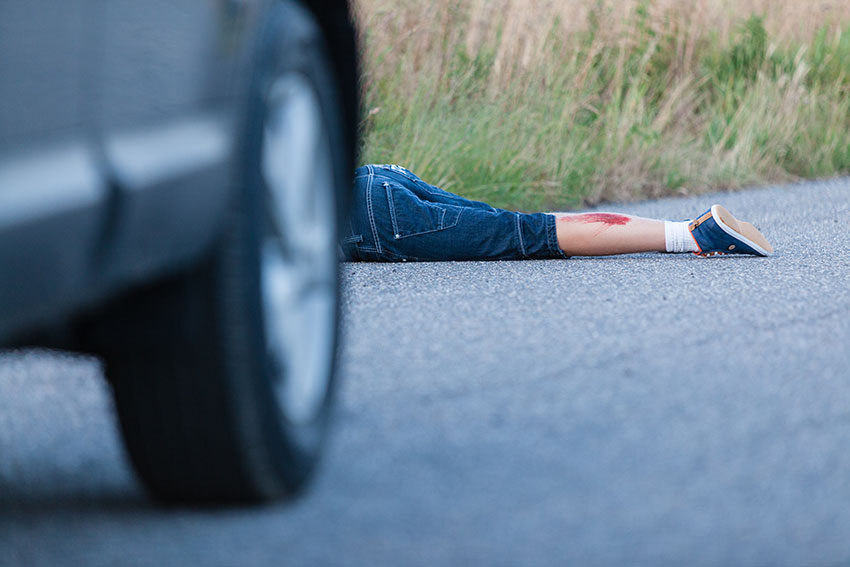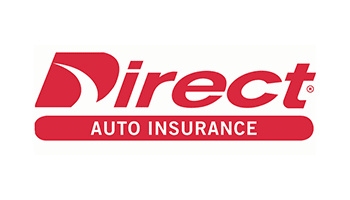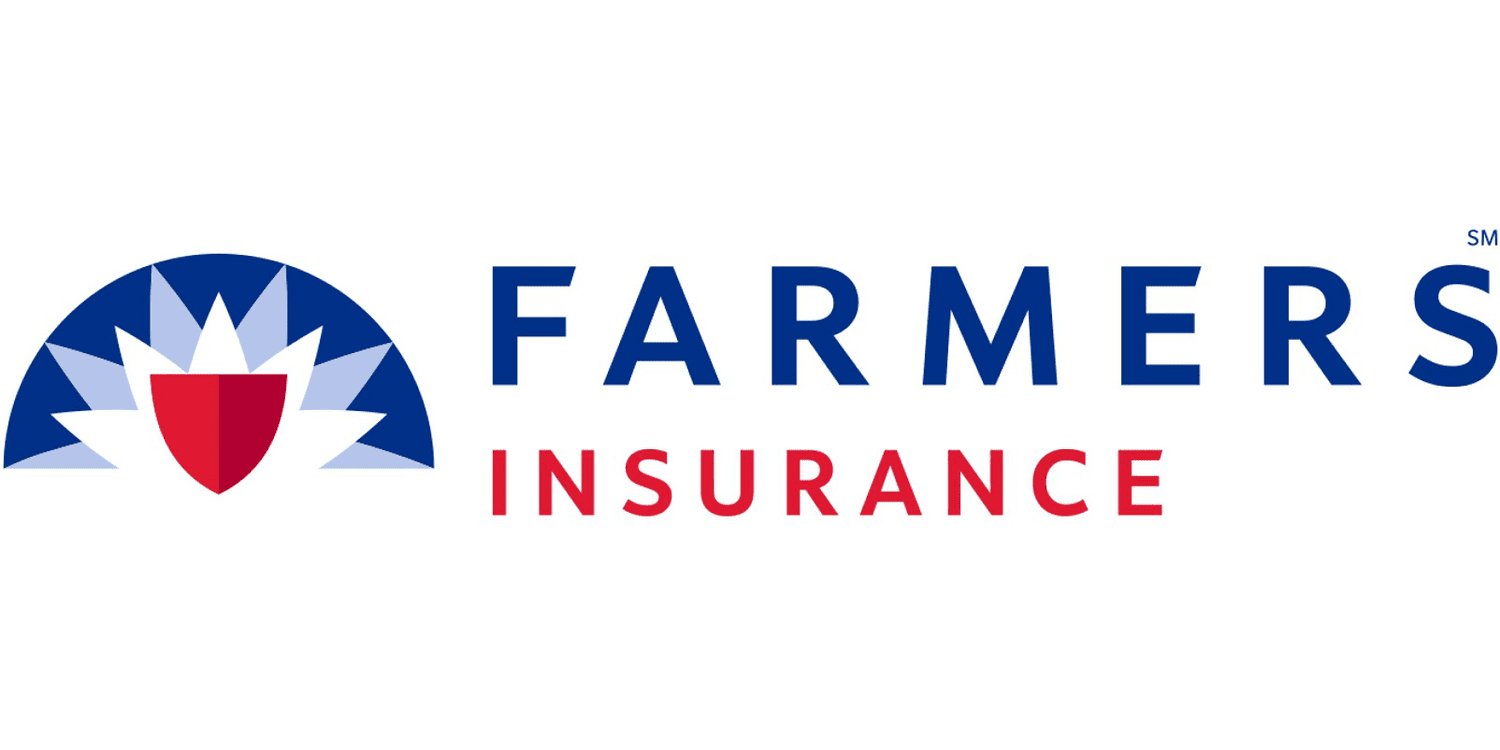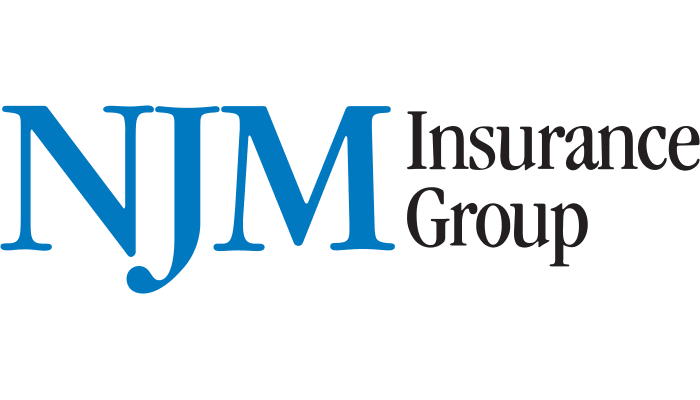
Premises Liability
Premises liability refers to the legal responsibility that property owners and occupiers have to maintain safe conditions on their premises. When someone is injured on another person’s property due to unsafe conditions or negligence, the property owner may be held liable under premises liability laws. This area of law encompasses various types of incidents, including slip and falls, dog bites, and injuries resulting from inadequate security. At 770GoodLaw, we help clients understand their rights under premises liability and pursue compensation for injuries sustained due to unsafe property conditions.
Types of Premises Liability Cases
Premises liability cases cover a range of situations where individuals are injured due to the property owner’s negligence in maintaining a safe environment. Common types of premises liability cases include:
- Slip and Fall Accidents: Slippery floors, broken steps, and uneven surfaces can lead to slip and fall injuries, making the property owner liable if they failed to address or warn about the hazard.
- Dog Bites and Animal Attacks: Property owners may be responsible if their pet injures someone, especially if they were aware of the animal’s aggressive behavior and failed to take precautions.
- Inadequate Security: If a property owner does not provide adequate security, such as proper lighting or surveillance, and someone is harmed by a third party, they may be held liable for inadequate security.
- Swimming Pool Accidents: Property owners must take steps to prevent injuries around swimming pools, including securing the area and posting warnings about potential hazards.
- Falling Objects: In retail stores or warehouses, falling objects can cause injury, and owners may be liable if the items were improperly stored or stacked.
- Toxic Exposure: Exposure to hazardous materials like mold, asbestos, or chemicals on a property may lead to premises liability claims, particularly if the owner failed to warn of or address the hazard.
Establishing Liability in Premises Liability Cases
To prove a premises liability claim, the injured party must demonstrate that the property owner was negligent in maintaining safe conditions. Key factors in establishing liability include:
- Duty of Care: Property owners have a duty to maintain safe conditions and warn visitors of known hazards. The duty of care varies depending on the visitor’s status as an invitee, licensee, or trespasser.
- Breach of Duty: The plaintiff must show that the property owner breached their duty by failing to address hazards, properly warn visitors, or take reasonable safety measures.
- Causation: The plaintiff must demonstrate that the property owner’s negligence directly caused their injury.
- Damages: The injured party must provide evidence of damages, such as medical bills, lost wages, and pain and suffering, resulting from the incident.
Types of Visitors in Premises Liability
A property owner’s level of responsibility may vary depending on the injured person’s status on the property. The main types of visitors include:
- Invitees: People who are invited onto the property for business or commercial purposes, such as customers in a store. Property owners owe the highest duty of care to invitees.
- Licensees: People who are allowed on the property for social purposes or with permission, like friends or neighbors. Property owners must keep the property reasonably safe and warn licensees of known hazards.
- Trespassers: People who enter the property without permission. Property owners owe a limited duty of care to trespassers, typically not intentionally harming them or creating dangerous conditions.
Compensation for Premises Liability Claims
Victims of premises liability accidents may be eligible for compensation to address both economic and non-economic damages. Common types of compensation include:
- Medical Expenses: Coverage for medical bills, rehabilitation, surgeries, and future treatment costs related to the injury.
- Lost Wages: Reimbursement for income lost due to the inability to work following the injury, as well as compensation for reduced earning capacity if the injury results in long-term limitations.
- Pain and Suffering: Damages awarded for physical pain, emotional distress, and the overall impact on quality of life caused by the injury.
- Property Damage: If personal property was damaged during the incident, the victim may receive compensation for repairs or replacement.
- Punitive Damages: In cases of gross negligence, punitive damages may be awarded to penalize the property owner and deter similar conduct.
How 770GoodLaw Assists Clients with Premises Liability Claims
At 770GoodLaw, we provide thorough support for clients pursuing premises liability claims, from investigating the accident to negotiating fair compensation. Our attorneys work to prove liability by gathering evidence, building a strong case, and advocating on behalf of our clients. Our approach includes:
- Investigating the Accident Scene: We collect evidence from the accident site, including photos, video footage, and witness statements, to establish the property owner’s negligence.
- Working with Experts: Our team collaborates with safety and medical experts to assess the hazardous condition and the extent of our client’s injuries.
- Documenting Damages: We document all financial and non-economic losses, ensuring that our clients’ compensation reflects the full extent of their injuries.
- Negotiating with Insurers: We negotiate assertively with insurance companies to secure fair settlements or, if necessary, represent our clients in court to pursue justice.
Importance of Legal Representation in Premises Liability Cases
Premises liability cases often involve complex legal standards and require clear evidence of the property owner’s negligence. Skilled legal representation helps injured parties establish liability, negotiate with insurers, and secure fair compensation for their injuries. At 770GoodLaw, we provide experienced advocacy for clients pursuing premises liability claims, ensuring that their rights are protected and their losses are fully addressed.
Why Choose 770GoodLaw for Premises Liability Claims
Our commitment to Relentless Reliability and Sincetegrity drives us to provide comprehensive, client-focused representation in premises liability cases. At 770GoodLaw, we work tirelessly to ensure that our clients receive fair compensation and that property owners are held accountable for unsafe conditions.






